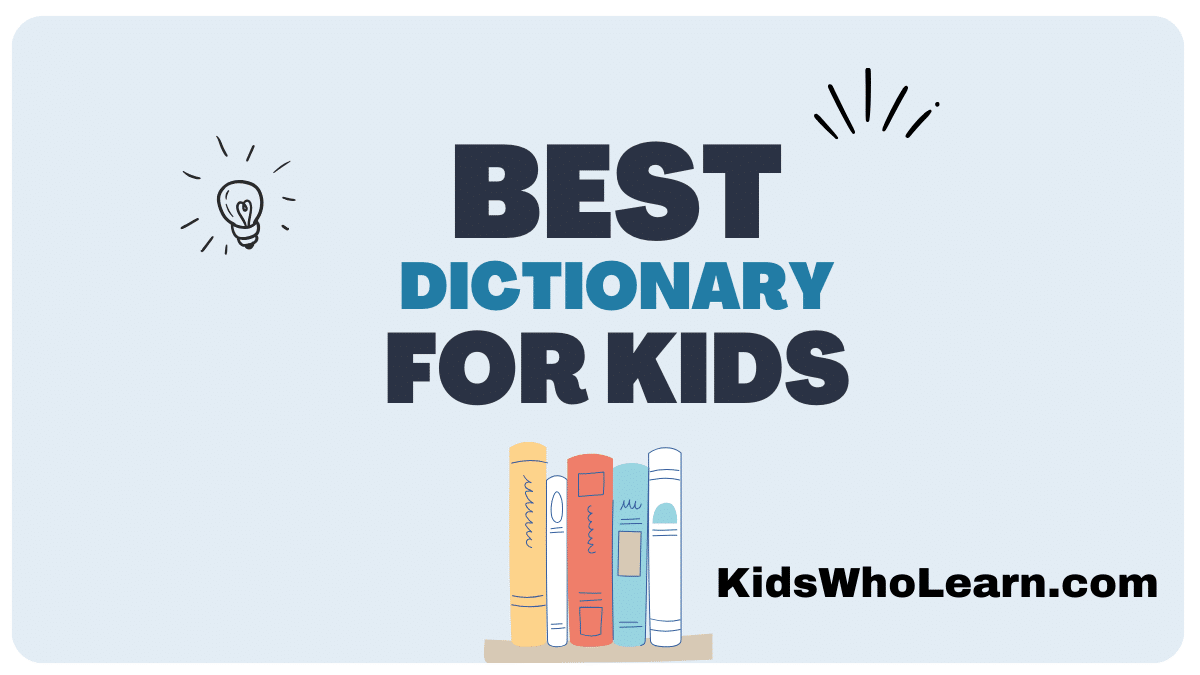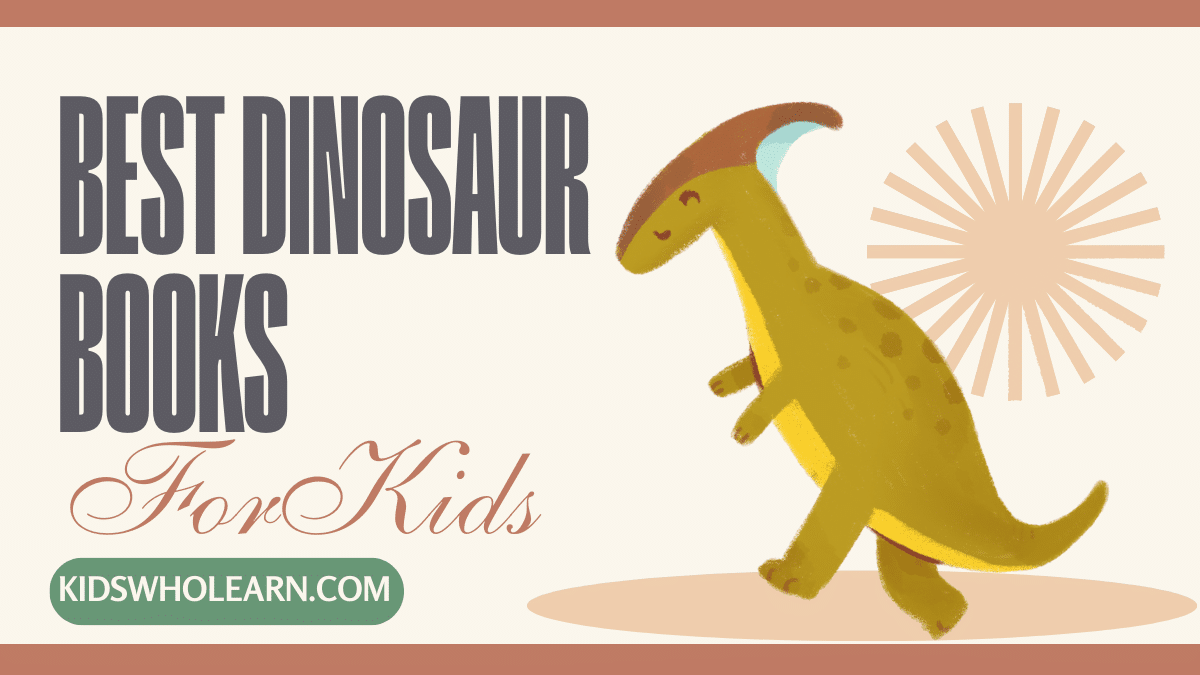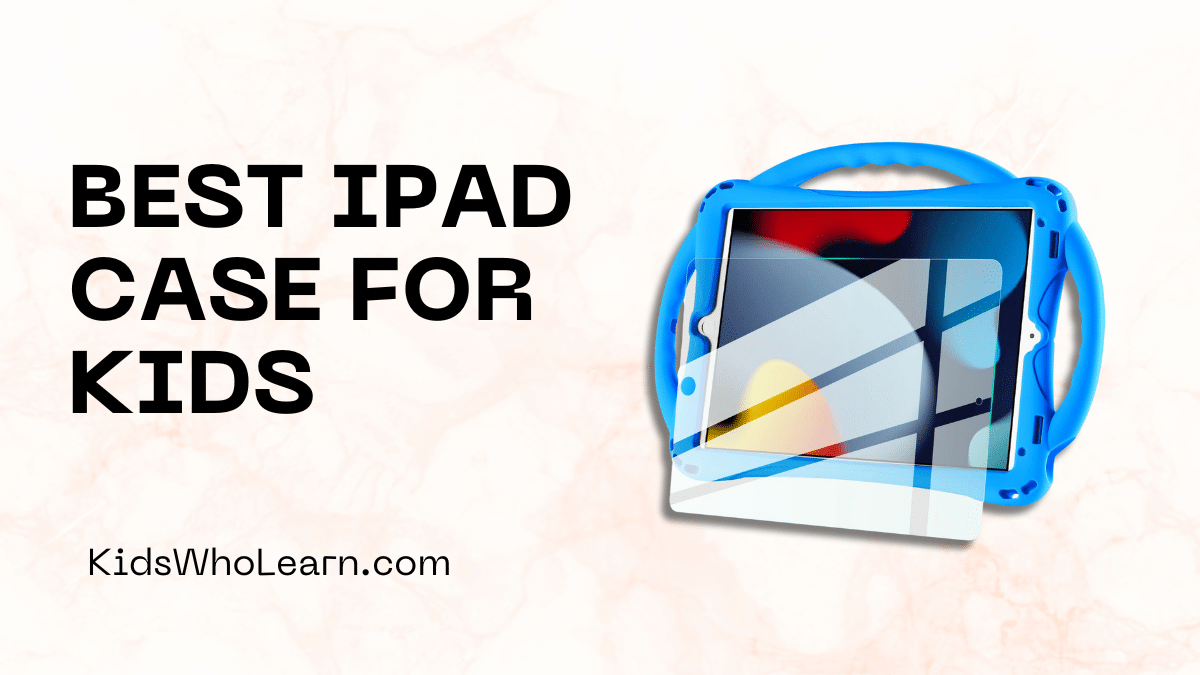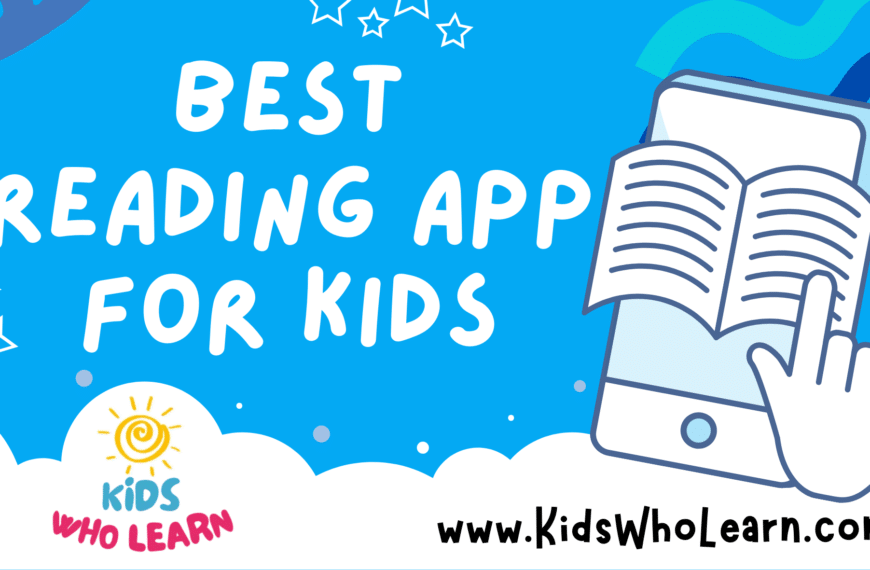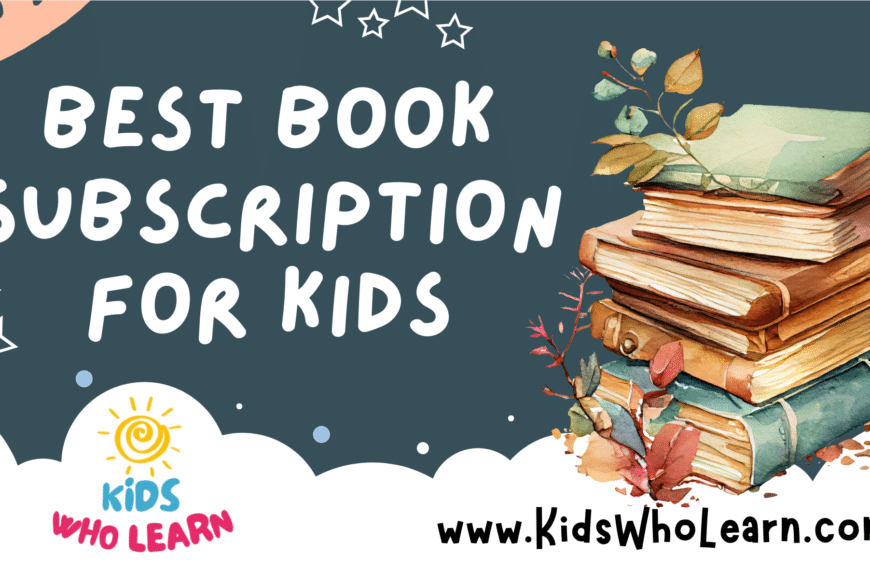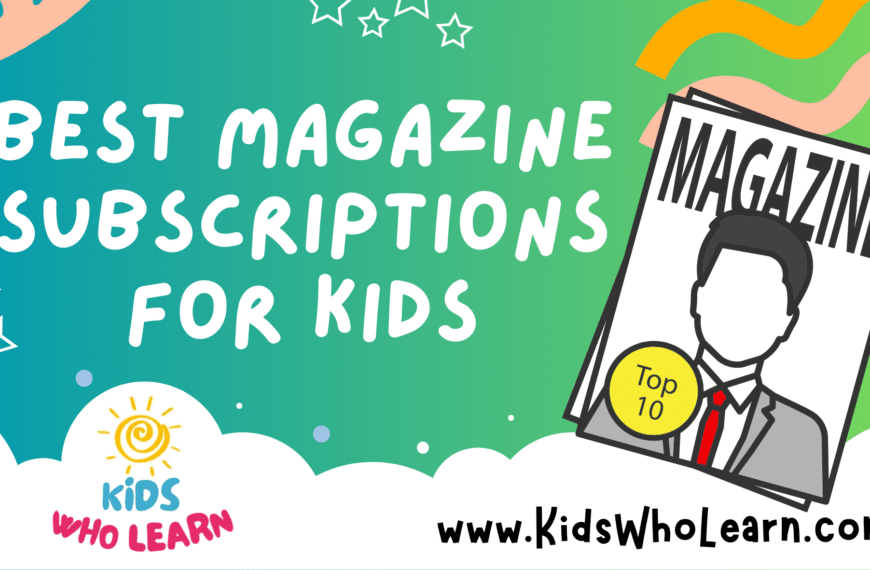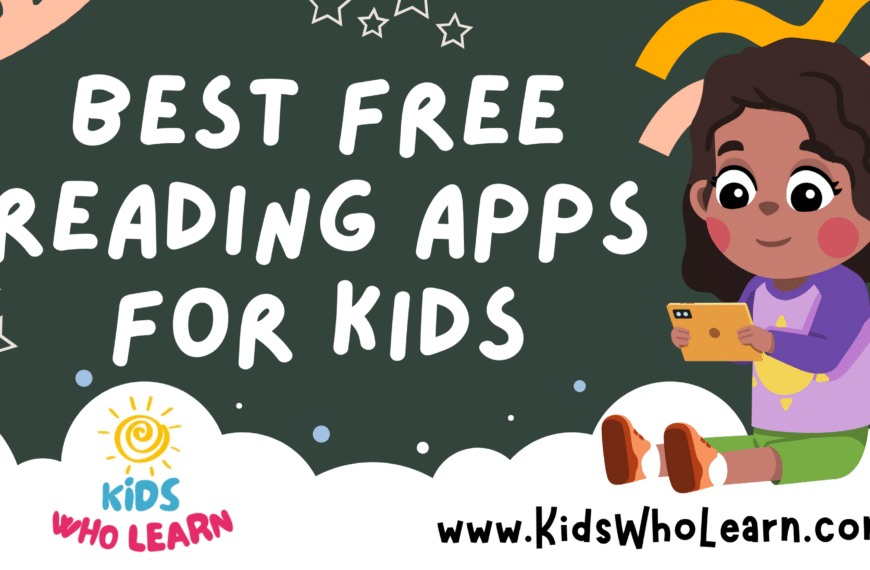A dictionary is an essential tool for anyone who wants to learn a language or improve their vocabulary. However, not all dictionaries are created equal, and when it comes to finding the best dictionary for kids, parents need to pay attention to a few critical factors.
First and foremost, a good kids’ dictionary should be easy to use and understand. It should have clear definitions and examples that are age-appropriate and easy to comprehend. Additionally, the dictionary should be visually appealing, with colorful illustrations and a layout that is easy on the eyes.
Another important factor to consider is the size and weight of the dictionary. Kids are more likely to use a dictionary that is portable and easy to carry around, so a compact and lightweight option is ideal.
Finally, parents should look for a dictionary that is comprehensive and up-to-date. It should include the latest vocabulary and be relevant to modern-day usage.
In this article, we will review the best dictionaries for kids on the market today, taking into account these critical factors. Whether your child is a budding wordsmith or just starting to learn a new language, we’ve got you covered.
Best Dictionaries for Kids
As children grow, their vocabulary expands rapidly, and it’s essential to provide them with the right tools to help them learn. A good dictionary can be an excellent resource for kids to learn new words, spellings, and their meanings. With so many options available in the market, it can be challenging to choose the right one for your child. To help you make an informed decision, we have compiled a list of the best dictionaries for kids. These dictionaries are easy to use, have clear definitions, and include fun illustrations to engage young readers.
Merriam-Webster’s Elementary Dictionary
This dictionary is a great choice for parents looking for a user-friendly dictionary for their child.
Pros
- The dictionary includes pictures and examples to make it easier for kids to understand the meanings of words.
- It’s a great tool for kids who are learning English as a second language.
- The colorful visuals and box texts make it more engaging for kids.
Cons
- The print is small and may be difficult for some kids to read.
- Some reviews mention that not all words are included in the dictionary.
- The book is quite heavy, which may make it difficult for kids to carry around.
Merriam-Webster’s Elementary Dictionary is a great resource for kids who are learning new words. The pictures and examples make it easier for kids to understand the meanings of words, and the colorful visuals and box texts make it more engaging for kids to use. However, the print is small and may be difficult for some kids to read, and the book is quite heavy, which may make it difficult for kids to carry around. Overall, this dictionary is a great choice for parents who want to help their child improve their vocabulary.
Richard Scarry’s Best Picture Dictionary Ever
This dictionary is great for kids who are just starting to learn new words and their meanings.
Pros
- The illustrations are colorful and engaging, making it easy for kids to understand the words and their meanings.
- The book covers a wide range of topics, including animals, food, transportation, and more.
- The dictionary is easy to use and navigate, with clear definitions and examples.
Cons
- Some of the words and illustrations may be outdated or not relevant to modern times.
- The book may not be challenging enough for older kids who already have a strong vocabulary.
- The hardcover version may be too heavy and bulky for young kids to carry around.
This dictionary is a great tool for young kids who are just starting to learn new words and their meanings. The colorful illustrations make it easy for kids to understand the words and their meanings, while the clear definitions and examples help reinforce their understanding. However, some of the words and illustrations may be outdated or not relevant to modern times, and the hardcover version may be too heavy and bulky for young kids to carry around. Overall, this is a great dictionary for young kids who are just starting to learn new words and their meanings.
Merriam-Webster’s Dictionary for Children, Newest Edition, 2021 Copyright
If you’re looking for a reliable dictionary to help your child with their reading and writing skills, Merriam-Webster’s Dictionary for Children is a great option.
Pros
- Easy to use
- Abridged version for children
- Includes illustrations and word usage examples
Cons
- Paperback cover is flimsy
- Some words may not be included
- Not suitable for older children or adults
This dictionary is designed specifically for children in grades 3-5, with a print length of 688 pages. It includes illustrations and examples of word usage, making it easy for children to understand and use. It’s also an abridged version, which means it’s condensed and easier to navigate than a regular dictionary.
Using this dictionary is a great way to help your child develop their vocabulary and improve their reading comprehension. It’s also a great tool for parents who want to help their children with their homework.
However, the paperback cover is flimsy and may not hold up to frequent use. Additionally, some words may not be included in this abridged version, so it may not be suitable for older children or adults who need a more comprehensive dictionary.
Overall, Merriam-Webster’s Dictionary for Children is a great choice for parents who want to help their children improve their reading and writing skills. It’s easy to use and includes helpful illustrations and examples, making it a valuable resource for any child’s bookshelf.
Scholastic Pocket Dictionary of Synonyms, Antonyms, Homonyms
If you’re looking for a portable and inexpensive dictionary for kids that can help enhance their writing skills, the Scholastic Pocket Dictionary of Synonyms, Antonyms, Homonyms is a great option.
Pros
- Suitable for all ages with its print-size
- Contains 12,000 synonyms, 10,000 antonyms, and 2,000 homonyms
- Well thought out and solidly made
Cons
- Some pages are missing
- Not enough vocabulary for year 3
- Written backwards
This dictionary is geared towards grades 3-7 but can be used by all ages. It has a print-size that is easy on the eyes, making it a great portable option. It contains 12,000 synonyms, 10,000 antonyms, and 2,000 homonyms, which can help children improve their writing skills by expanding their vocabulary. The Scholastic Pocket Dictionary of Synonyms, Antonyms, Homonyms is well thought out and solidly made, making it a great investment for parents or educators.
However, some customers have noted that some pages are missing in their copy of the dictionary. Additionally, some customers have stated that there isn’t enough vocabulary for year 3 students. Lastly, one customer noted that the book is written backwards, which can be annoying.
Overall, the Scholastic Pocket Dictionary of Synonyms, Antonyms, Homonyms is a great option for parents or educators looking for a portable and inexpensive dictionary that can help enhance children’s writing skills.
Merriam-Webster’s Intermediate Dictionary
This dictionary is a great choice for middle school students who want to expand their vocabulary.
Pros
- Comprehensive definitions and examples
- Kid-friendly language and layout
- Newest edition with up-to-date information
Cons
- Large size may be difficult to carry around
- Some words may still be too advanced for younger readers
- No pronunciation guide for words
Merriam-Webster’s Intermediate Dictionary is a great resource for students who are looking to expand their vocabulary and improve their reading comprehension. With over 1024 pages, this dictionary provides comprehensive definitions and examples that are easy for kids to understand. The language and layout are also kid-friendly, making it easier for them to navigate and find the information they need.
One potential downside to this dictionary is its size. At 2 x 1 x 1 inches, it may be difficult for students to carry around with them. Additionally, while the language is geared towards middle school students, some of the words may still be too advanced for younger readers. Finally, there is no pronunciation guide for words, which may be a drawback for some students who are struggling with pronunciation.
Overall, Merriam-Webster’s Intermediate Dictionary is a solid choice for middle school students who are looking to improve their vocabulary and reading comprehension skills.
Merriam-Webster’s School Dictionary
If you’re looking for a comprehensive dictionary for your high schooler, Merriam-Webster’s School Dictionary is a great option.
Pros
- Contains over 100,000 words and phrases
- Provides clear and concise definitions
- Includes pronunciation guide and word usage examples
Cons
- Some definitions rely too heavily on synonyms
- Text may be too small for some readers
- Does not include illustrations or images
Merriam-Webster’s School Dictionary is a reliable resource for high school students who need a comprehensive and authoritative dictionary. With over 100,000 words and phrases, it provides clear and concise definitions that are easy to understand. The pronunciation guide and word usage examples are also helpful tools for students who are learning new vocabulary.
One downside to this dictionary is that some definitions rely too heavily on synonyms, rather than providing a full explanation of the word. Additionally, the text may be too small for some readers, which could make it difficult to read. Finally, there are no illustrations or images included, which may be a drawback for some students.
Overall, if you’re looking for a trustworthy dictionary for your high schooler, Merriam-Webster’s School Dictionary is a solid choice.
Franklin KID-1240 Children’s Talking Dictionary and Spell Corrector
This children’s talking dictionary and spell corrector is a great tool to improve your child’s reading and writing skills. It features over 40,000 easy-to-understand definitions that are pronounced for effective vocabulary learning. The automatic phonetic spell corrector turns misspelled words into the correct spelling while an animated handwriting guide demonstrates print and cursive styles. It also includes a rhyme finder, five word-building games, and a vocabulary word list that can be created by the user. This device works with headphones (sold separately) for privacy and is ideal for ages 6-10.
Pros
- Provides over 40,000 easy-to-understand definitions that are pronounced for effective vocabulary learning.
- Automatic phonetic spell corrector helps children learn how to spell correctly.
- Includes a rhyme finder, five word-building games, and a vocabulary word list that can be created by the user.
Cons
- Requires 4 AAA batteries.
- May not be suitable for children outside of the recommended age range.
- Does not include headphones.
This children’s talking dictionary and spell corrector is a great tool for children to improve their reading and writing skills. It’s easy to use and provides over 40,000 definitions that are pronounced for effective vocabulary learning. The automatic phonetic spell corrector is a helpful feature that turns misspelled words into the correct spelling. Additionally, the device includes a rhyme finder, five word-building games, and a vocabulary word list that can be created by the user. However, it does require 4 AAA batteries and may not be suitable for children outside of the recommended age range. Overall, this is a great tool for children who are learning to read and write.
Buying Guide
When choosing the best dictionary for kids, there are several important factors to consider. Here are some key features to look for:
Age Range
The first thing to consider is the age range of the intended audience. Some dictionaries are geared towards younger children, while others are more appropriate for older kids. Make sure to choose a dictionary that is age-appropriate and matches the reading level of the child.
Content
The content of the dictionary is also important. Look for a dictionary that includes clear and concise definitions, as well as examples of how to use words in context. It should also include parts of speech, synonyms, and antonyms. Some dictionaries may also include pronunciation guides, illustrations, or other helpful features.
Format
The format of the dictionary is another important consideration. Some dictionaries are designed to be used online or on a mobile device, while others are physical books. Consider which format would work best for the child’s needs and preferences.
Size and Portability
If choosing a physical dictionary, consider the size and portability of the book. A smaller, more compact dictionary may be easier for a child to carry around, but may not include as much content as a larger book.
Price
Finally, consider the price of the dictionary. While it may be tempting to choose the cheapest option, it’s important to invest in a high-quality dictionary that will provide accurate and helpful information for the child. Look for a dictionary that fits within your budget while still meeting the necessary criteria.
By considering these factors, you can choose the best dictionary for your child’s needs and help them improve their vocabulary and language skills.
Frequently Asked Questions
What are some recommended dictionaries for children?
There are several great dictionaries for children, including Merriam-Webster Children’s Dictionary, Oxford Illustrated Children’s Dictionary, and Scholastic Children’s Dictionary. These dictionaries are designed to help children build their vocabulary and improve their reading and writing skills.
What age range is the Merriam-Webster Children’s Dictionary suitable for?
The Merriam-Webster Children’s Dictionary is suitable for children ages 8-11. It contains over 36,000 entries and is designed to help children learn new words and understand their meanings.
Are there any kid-friendly dictionaries with no ads?
Yes, there are several kid-friendly dictionaries with no ads, including Merriam-Webster Children’s Dictionary, Oxford Illustrated Children’s Dictionary, and Scholastic Children’s Dictionary. These dictionaries are designed to be safe and appropriate for children to use.
What is the best online dictionary for kids?
The best online dictionary for kids is Merriam-Webster’s Word Central. It is a free online dictionary and thesaurus designed specifically for kids. It includes definitions, synonyms, antonyms, and word games to help kids improve their vocabulary.
Which Oxford dictionary is recommended for middle school students?
The Oxford Middle School Dictionary is recommended for middle school students. It contains over 45,000 words and phrases, including words commonly used in middle school curriculums. It also includes example sentences and notes on grammar and usage.
Which dictionary is best for a 9 year old?
The Merriam-Webster Children’s Dictionary is best for a 9 year old. It is designed for children ages 8-11 and contains over 36,000 entries. It includes definitions, example sentences, and illustrations to help children understand the meanings of words.

